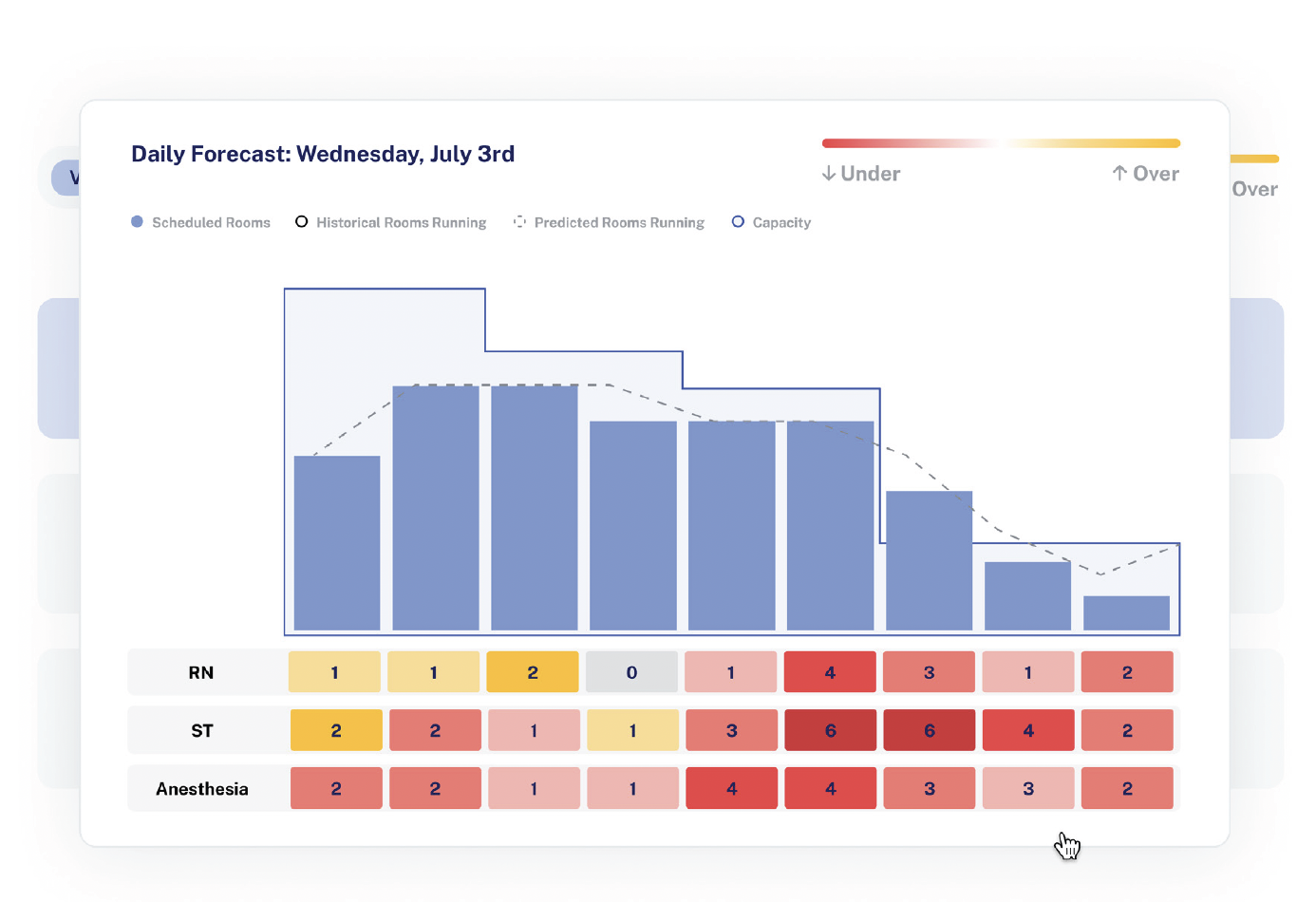
For many healthcare facilities, operational costs are steadily rising, and no clearcut solution is in sight. However, some hospital systems are gradually reclaiming control over their budgets by finding ways to stabilize their finances and improve workforce morale. During the pandemic, many hospitals turned to short-term contract labor as a…

Perioperative leaders face mounting pressures to optimize resources, reduce costs, and improve patient outcomes. However, one challenge stands out among the rest: OR staffing shortages. According to a November/December survey conducted by LeanTaaS in collaboration with OR Manager, staff recruitment and retention is a top priority for OR leaders this…

Gastrointestinal (GI) endoscopy is one of the most common procedures in the US. Performed more than 17.1 million times per year in inpatient and outpatient hospital settings as well as ambulatory surgery centers (ASCs), GI procedures account for 68% of all endoscopies, according to a May 2022 article in Digestive…

Over my 40-year career—after starting at the bedside in surgical intensive care, moving to emergency medicine, and then to perioperative services—I have been fortunate to progress into executive leadership positions in academic medical center health systems and community hospitals, consult with a top global advisory firm, and now work in…

The St Elizabeth Healthcare organization in northern Kentucky has eight facilities, including two surgery centers. The flagship hospital on the Edgewood campus has 534 beds and 22 ORs and typically performs some 14,000 surgical procedures per year. Robots help manage the volume. The Edgewood, Florence, and Ft Thomas hospitals have…

Consider the following requests posed to OR scheduling staff by surgeons: • “I need two blocks in different rooms to accommodate my daily case volume.” • “Can’t I just use that empty room to start my next case while the first case is wrapping up?” Surgeon requests like these are…
Editor's Note This study from Massachusetts General Hospital and Harvard Medical School, Boston, finds a severe decline in surgical procedure volumes across specialties during the peak of COVID-19, and after the peak and vaccine release periods, the overall volume did not fully recover. Of 129,956 surgical procedures analyzed during four…
The passage of the Health Information Technology for Economic and Clinical Health (HITECH) Act in 2009 brought electronic health records (EHR) to the forefront, but the concept existed long before that. Larry Weed and Jan Schultz at the University of Vermont developed a preliminary system in the 1970s. In 2014,…
Editor's Note In this study from the University of California, San Diego, La Jolla, researchers developed a machine learning model that improved the ability to predict surgery end times and PACU discharge at a range of start times in an ambulatory surgery center (ASC). Of 13,447 surgical procedures analyzed, the…
Editor's Note This study, led by researchers from the University of Rochester (NY) School of Medicine, finds that the early response to the COVID-19 pandemic did not increase disparities in access to major surgical procedures. Of 3,470,905 adults hospitalized for major surgical procedures at 719 facilities between January 1, 2018,…